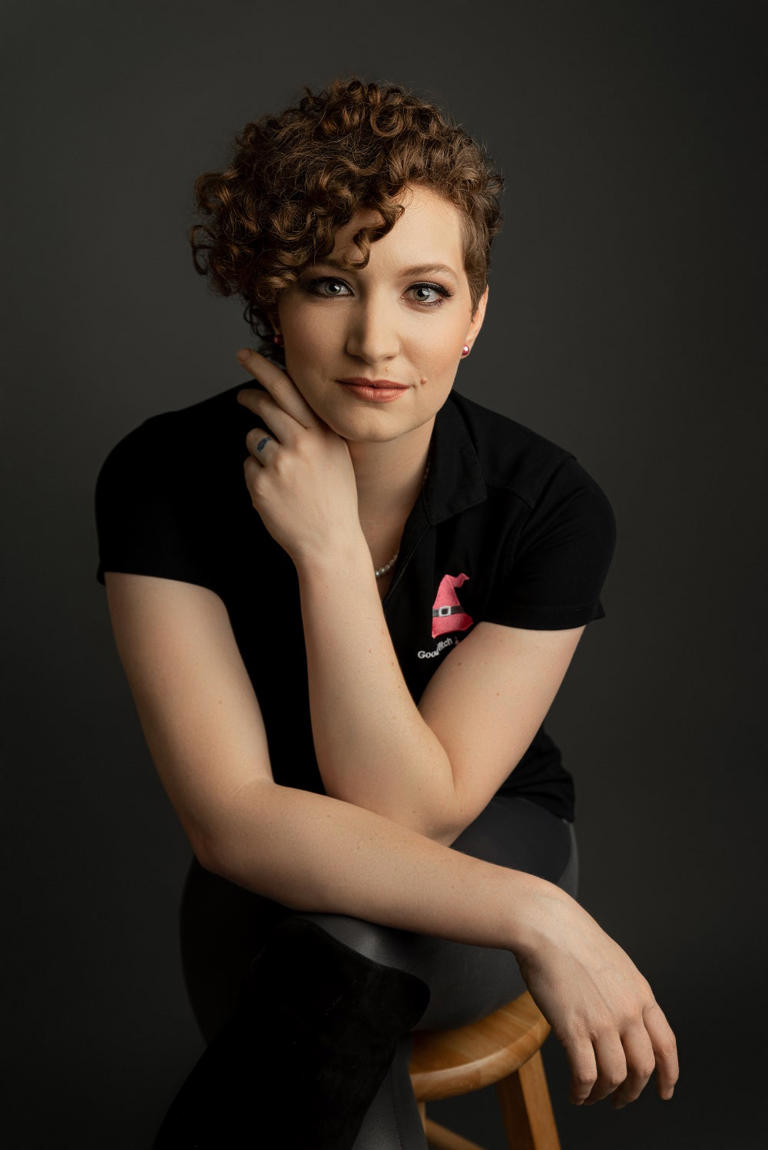Amber Starling arrived in Manhattan, Kansas, in 2017 with a resume that should have opened doors: years of management experience, volunteer firefighting, and office administration skills. Instead, she faced a frustrating paradox—employers deemed her either “overqualified” or “undereducated.” After seven months of rejections, she chose a radical path: hiring herself.
Today, her company, Good Witch Cleaning, generates nearly $500,000 annually. But Starling’s journey wasn’t built on luck. It was forged through grit, community, and a refusal to compromise her values.
The Humble Beginnings
With a vacuum from her home and $100 saved from her grocery budget, Starling launched her cleaning business. She named it Good Witch Cleaning—a nod to the nearby Wizard of Oz Museum—and leaned into playful branding (think pink witch hats on company cars). Her first clients came via a $99 Facebook ad, but early days were far from glamorous. “I worked with difficult property managers and had no insurance,” she recalls. “I asked clients to take a risk on me, promising great service in return.”
Building a Team That Stays
Unlike many cleaning businesses that rely on subcontractors, Starling invested in full-time employees. She provided equipment, training, and certifications like the IICRC house cleaning technician program. Critics warned, “What if they leave with all that knowledge?” Her response: “What if they stay without it?”
Her team now enjoys living wages, healthcare, mental health support, and paid time off. Weekly Friday trainings—paired with staff breakfasts—foster loyalty. “Treat people like humans, and they’ll stay,” she says.
Pandemic Pivots and Progressive Values
When COVID-19 hit, Good Witch Cleaning lost 60% of its clients overnight. Starling pivoted, using grant funds to certify her team in sanitation and disinfection. She also made a bold choice: aligning the business openly with progressive causes. “We became fourth-wave feminist, LGBTQIA-friendly, and immigrant-friendly,” she says. “If we failed, we’d fail as ourselves.”
The gamble paid off. Revenue soared from $11,000 in 2017 to $467,000 by 2021.
Community Over Profit
Starling’s upbringing—50% below the poverty line in the Deep South—shaped her priorities. Instead of chasing wealthy clients, she tailored services for working-class families, offering affordable add-ons like refrigerator cleanouts. The company also donates to local shelters, youth programs, and even runs a free community “store” in its office.
“Success isn’t rare for people like me,” she reflects. “Opportunity is.”
The Takeaway
Starling’s story isn’t just about revenue—it’s a blueprint for ethical entrepreneurship. By prioritizing people over profit, she’s proven that small businesses can thrive without sacrificing values. As she puts it: “You don’t need to be an evil corporation. Start with how you treat your team.”
For more stories of unconventional success, follow TheNextInternetBillionaire.


